
In the morning around 11am of Wednesday last week, half a dozen customers, mostly women, are lined up in the butter section of Shola Market. Shola is one of the largest trade hubs in Addis Abeba, hosting thousands of traders selling food and non-food items. Observing the boom in business, Berhanu Yadetta, a butter trader, has prepared a bench for his customers to sit on while awaiting their turn to buy his product.
The butter trade Berhanu has been making a living on for years has been anything but stable over the past few months. But he sees the market has stabilised lately. A kilo of butter, an important ingredient for traditional holiday cuisine, was going for as high as 650 Br in the weeks leading up to the last major holiday, Easter. Difficulties on the supply side were the culprit for the high prices then; but, they look to have improved, and a kilo now goes for 500 Br.
"Supply always improves during the rainy season," said Berhanu.
However, not unexpectedly, compared to last year's holiday market, the price of butter has climbed 43pc.
Contrary to the past couple of holidays, the market exudes the elusive holiday buzz. It is a wonder that markets can remain buoyant in the midst of the highest inflation rates the country has seen in over a decade. Headline inflation was recorded at 30.4pc last month, while food inflation clocked in at a staggering 37.6pc. It goes to show the tenacity of the holiday spirit in Ethiopia.
Over the past month, government officials have enacted a series of measures in a futile attempt to control the unabated inflation and stabilise markets. A task force under the Addis Abeba Trade Bureau has prevented traders from increasing prices on consumer goods. The City Administration ordered a freeze on rent for 90 days, proscribing evictions for the same period.
The price of furniture has skyrocketed in comparison to consumable goods, which only saw a moderate price increase since the last major holiday.
For Atlaw Alemu, an economist with over four decades of teaching at the Addis Abeba College of Business & Economics, it is too early to tell whether the government's measures are working.
"It may have worked for the short-run," said Atlaw.
The solution lies in allowing people to work and trade freely so that supply can increase, according to Atlaw. He urged policymakers to focus on long-lasting monetary and fiscal instruments rather than impose restrictions on the market.
"They can't impose control forever," he said.
Yet the measures seem to be working, at least for holiday markets across the city.
Westward from the butter quarter in Shola Market lie the stalls selling chickens. This section of the marketplace is also teeming with buyers. The stalls are stocked mostly with domestic breeds, the preferred choice for buyers, sold for anywhere between 350 Br and 650 Br. The going rates were not so different from the past year when the highest valued chickens sold for 600 Br.
However, what has changed for the traders is the origins of the chickens they have on sale. Ordinarily, chickens make their way to markets in the capital from Wello in Amhara Regional State. Those in stock now have come from Wolayita, in the Southern Regional State, according to Alemayehu Tadesse, one of the chicken traders in Shola. The road closures due to the civil war raging in the country's northern regions have precipitated the change.
The relatively stable prices are also contrary to the challenges the poultry industry has been facing recently. A shortage of feed, coupled with a lack of forex for vaccine imports, was feared to drive prices up. Inputs used in the production of chicken feed saw prices rise over the past few months. A quintal of maize sells for over 2,000 Br, over 30pc higher than at the beginning of the year. Soybean has seen a 400pc increase.
However, it has somehow not affected the poultry market in Shola.
Abebe Kassa, 36, who was visiting the market with his young daughter, was not surprised to see a 100 Br increase in the price of chickens.
"It's not as bad as we had expected," he told Fortune.
The other side of the city, Qera, known for its cattle market, was also buzzing. The area where sheep are sold has attracted more customers, mostly due to the cheaper price offered than oxen. Similar to chicken, prices here were not so different from what traders had asked during the Easter market. Though issues with feed and logistics remain major constraints, there was no shortage in supply, and prices remain stable.
Hassen Abdela, a trader, had eight oxen ready, each going for between 23,000 Br and 39,000 Br, more or less the same prices seen four months ago.
"I`ve more coming," he said. "There are no problems."
The story holds true for sheep and goats as well. A sheep sold for between 3,500 Br and 7,000 Br, while a goat goes for 9,000 Br.
Surprisingly, the market for non-consumable goods was also far from slow despite skyrocketing prices. People tend to buy new furniture during the New Year holiday. A king-sized bed, on sale for 49,000 Br just a few months ago, was up to 65,000 Br last week. Furniture traders attribute this to soar in the price of inputs, which are often imported.
As medium-density fibreboards used for beds are imported, their price has also seen an increase, according to Masresha Assefa, a salesperson working for a furniture shop located around the Wingate area.
Despite the perceived stability, the coming year is shrouded in uncertainty. The ongoing civil war, rampant inflation and macroeconomic woes have cast their shadow, But for now, consumers seem content with their holiday shopping.
Fortune staff writers, TSION HAILEMICHAEL and YARED SEYOUM, have contributed to this story.
PUBLISHED ON
Sep 10,2021 [ VOL
22 , NO
1115]

Viewpoints | Oct 02,2021
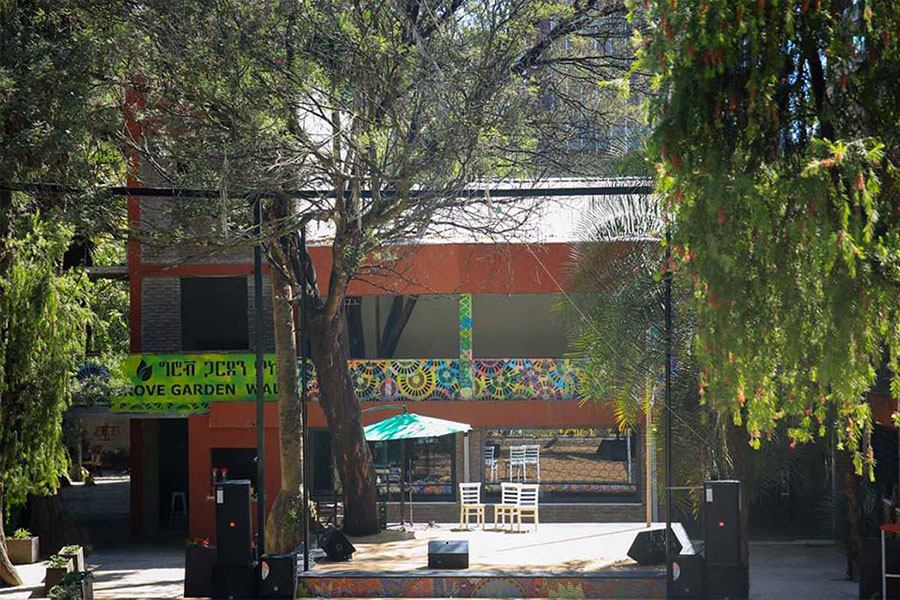
Fortune News | Dec 19,2021
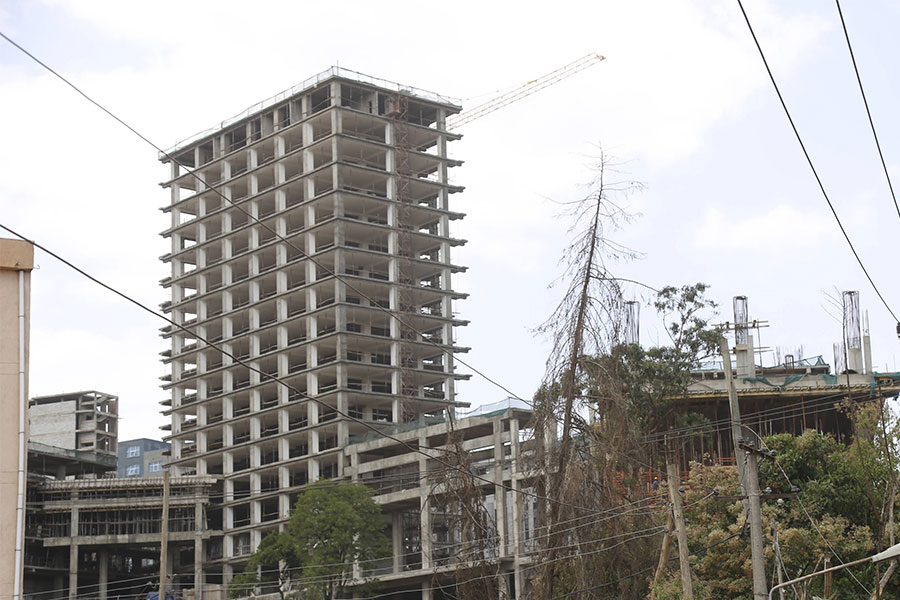
Agenda | Jul 11,2021
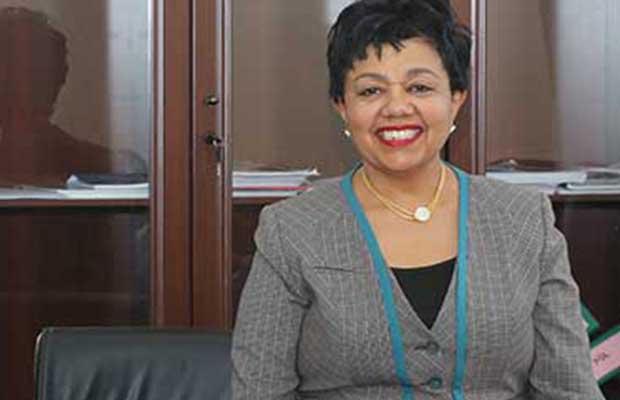
Exclusive Interviews | Jan 05,2020

Life Matters | Apr 03,2021

Fortune News | Dec 19,2021

Fortune News | Sep 02,2021
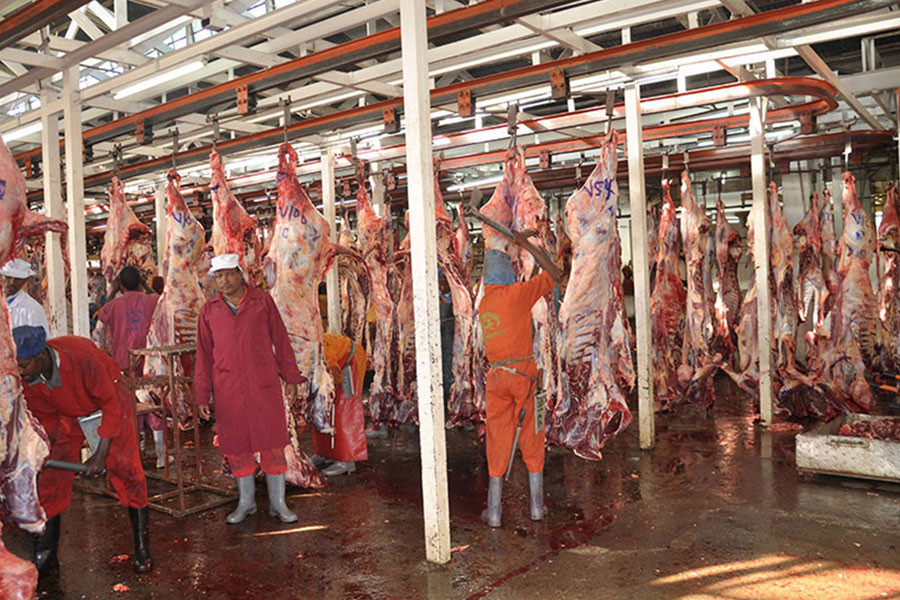
Radar | Apr 19,2025
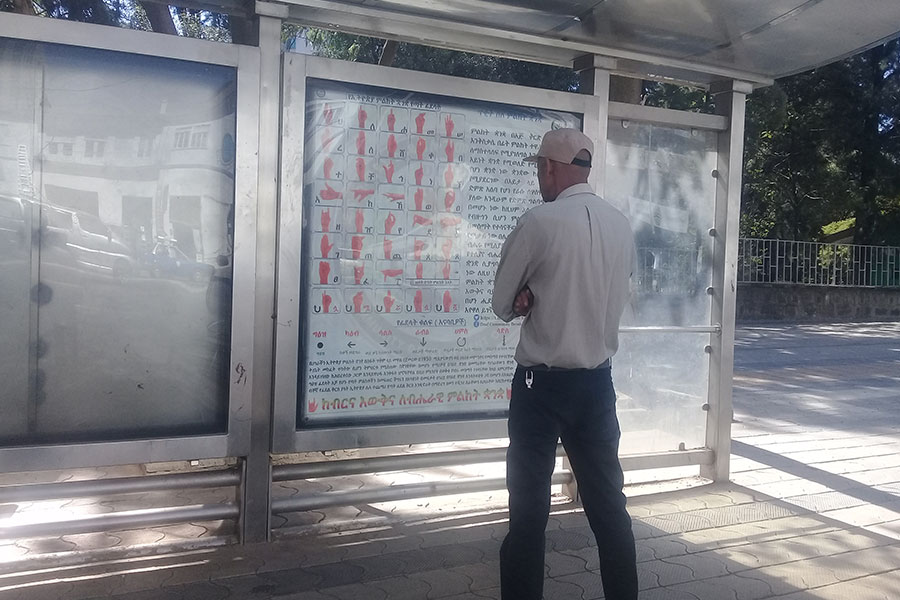
Radar | Dec 19,2021
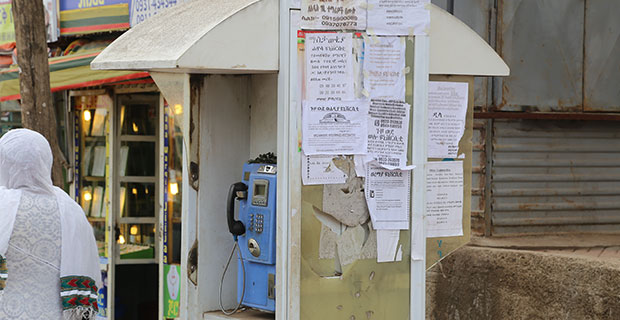
Radar | Jul 24,2021

Dec 22 , 2024 . By TIZITA SHEWAFERAW
Charged with transforming colossal state-owned enterprises into modern and competitiv...

Aug 18 , 2024 . By AKSAH ITALO
Although predictable Yonas Zerihun's job in the ride-hailing service is not immune to...

Jul 28 , 2024 . By TIZITA SHEWAFERAW
Unhabitual, perhaps too many, Samuel Gebreyohannes, 38, used to occasionally enjoy a couple of beers at breakfast. However, he recently swit...

Jul 13 , 2024 . By AKSAH ITALO
Investors who rely on tractors, trucks, and field vehicles for commuting, transporting commodities, and f...

Oct 11 , 2025
Ladislas Farago, a roving Associated Press (AP) correspondent, arrived in Ethiopia in...

Oct 4 , 2025
Eyob Tekalegn (PhD) had been in the Governor's chair for only weeks when, on Septembe...

Sep 27 , 2025
Four years into an experiment with “shock therapy” in education, the national moo...

Sep 20 , 2025
Getachew Reda's return to the national stage was always going to stir attention. Once...